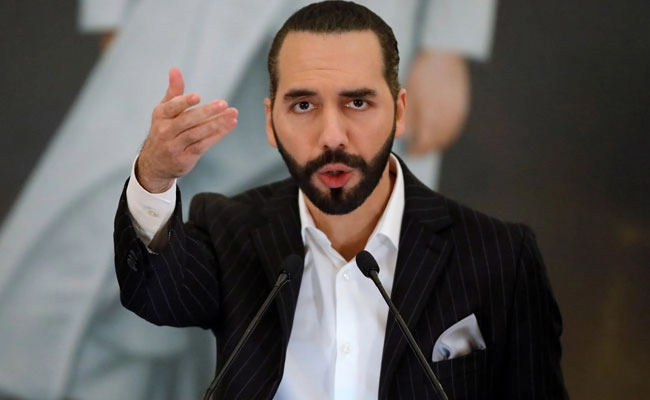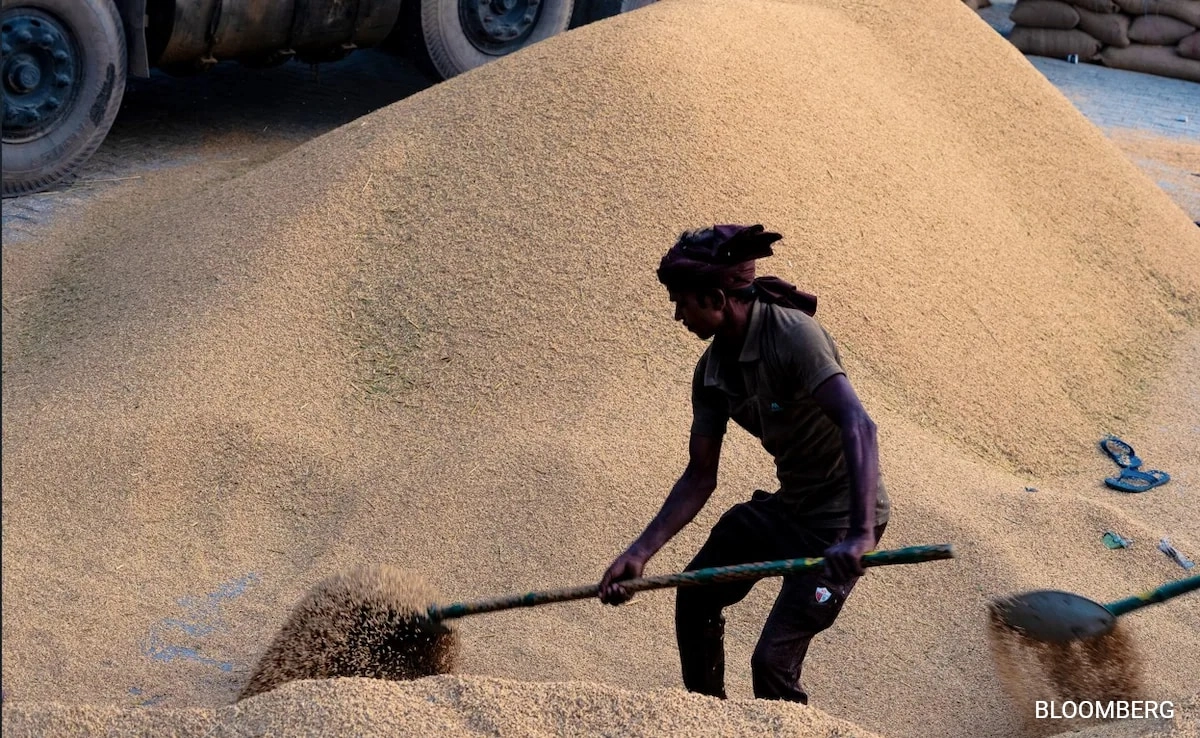In a surprising twist on the intersection of fashion and social issues, El Salvador’s President Nayib Bukele has publicly criticized a recent Paris fashion show that featured a tribute to the country’s prison system. The event, which showcased the work of renowned designers, included elements that paid homage to the controversial measures Bukele has implemented in his fight against crime, particularly the mass incarceration of gang members. The president’s response highlights the ongoing debate surrounding the portrayal of incarceration and its implications for society, especially in a nation grappling with high rates of violence and crime.
Bukele’s administration has faced scrutiny for its aggressive approach to crime, which has involved the detention of thousands of individuals under a state of emergency. Critics argue that these actions violate human rights and undermine the rule of law. However, Bukele defends his policies as necessary for restoring safety and security in El Salvador, a country that has long struggled with gang violence. By taking to social media to express his discontent with the Paris fashion show, he aims to reclaim the narrative surrounding his government’s efforts, insisting that such tributes trivialize the hardships faced by those affected by crime and incarceration.
The backlash from Bukele underscores the complexities of how fashion intersects with global politics and societal issues. While designers often seek to provoke thought and spark conversation through their work, the reaction to their tribute reveals the sensitivity surrounding topics like crime, punishment, and justice. For many in El Salvador, the prison system is a painful reality, and any attempt to romanticize or aestheticize it can be seen as deeply offensive. Bukele’s stance serves as a reminder that the discussions surrounding crime and incarceration are not just theoretical; they have real human consequences that must be acknowledged.
As the dialogue continues, the fashion industry may need to tread carefully when addressing such contentious subjects. The criticism from Bukele could prompt designers and artists to reconsider how they approach themes of incarceration and justice in their work. Ultimately, this incident serves as a pivotal moment that challenges both the fashion world and political leaders to engage with the realities of social issues in a more nuanced and respectful manner, fostering a dialogue that goes beyond aesthetics and into the realm of genuine understanding and change.




